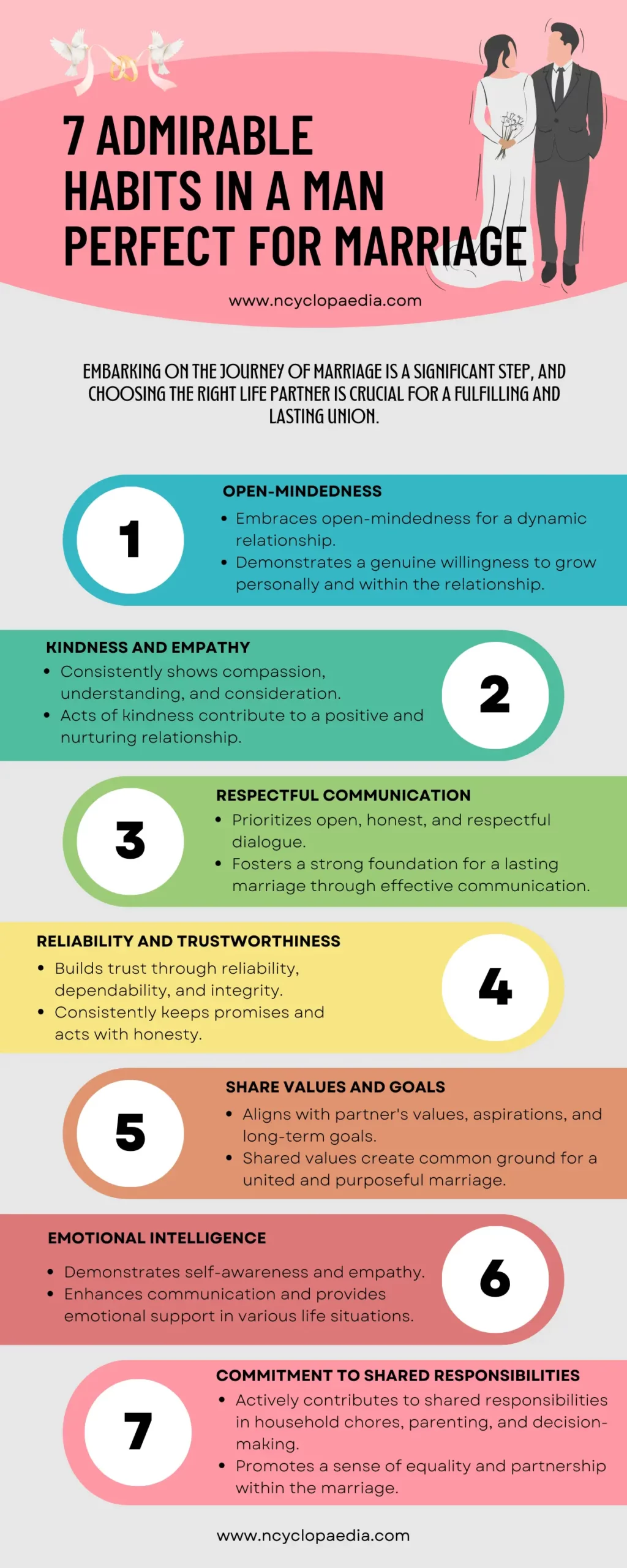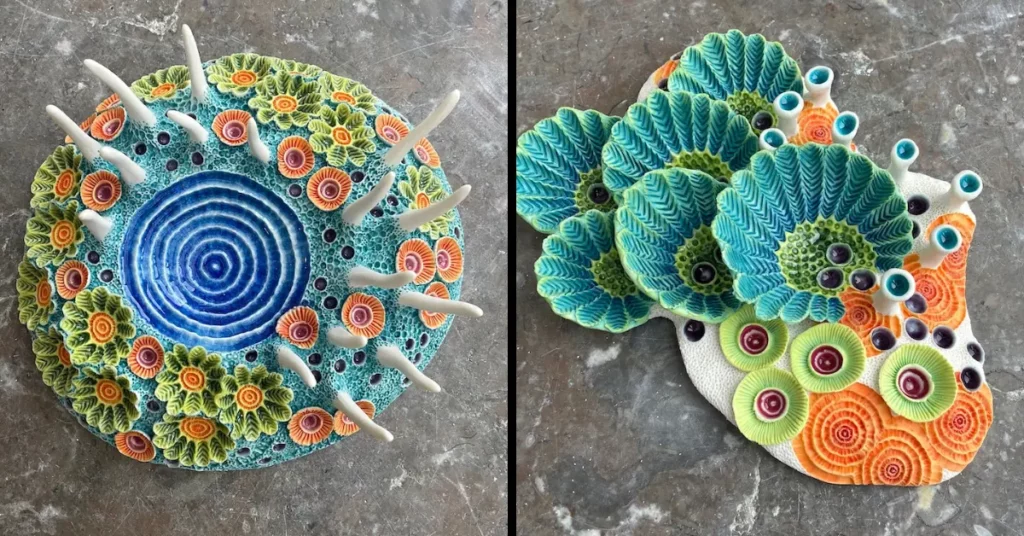Opting for a life partner who deviates drastically from your envisioned Mr. Right can lead to considerable challenges. Just envision being wedded to an individual who questions your worth, shies away from being seen with you, and perceives you solely as a spouse. It’s akin to a recurring nightmare, isn’t it?
It is imperative to meticulously evaluate potential life partners, scrutinizing habits that could forewarn future predicaments. Take a moment to delve into these 15 habits before solidifying a commitment. Should your potential partner display these traits, it might be judicious to reassess the relationship, as these habits could potentially pave the way for a turbulent and discontented future.
Narrow-mindedness
Committing to a lifetime with someone closed-minded can be a nightmare. Avoid being tethered to a person who restricts you from normal activities due to irrational fears or mistrust.

It’s essential to foster open communication and a willingness to embrace new perspectives in a relationship. A narrow-minded partner may hinder personal growth and lead to unnecessary conflicts. Discuss your values, expectations, and the importance of mutual respect early on to ensure compatibility.
Hates Animals
A strong aversion to animals without valid reasons may indicate a lack of empathy. Choosing between a partner and a beloved pet is a red flag, suggesting potential cruelty.

Explore the reasons behind the aversion and assess if it aligns with your values. A partner who despises animals may struggle with compassion and understanding, essential qualities for a successful marriage. Discuss your love for animals and gauge their response to ensure harmony in this aspect of your lives.
Disregards Relationship Rules
If he consistently disrespects relationship rules and ignores your concerns, it signifies a lack of consideration for the partnership’s well-being.

Establishing clear boundaries and expectations is crucial for a healthy relationship. A partner who repeatedly disregards these rules may struggle with commitment or lack empathy. Communicate openly about your needs and expectations, emphasizing the importance of mutual respect and cooperation.
Breaks Promises
Frequent promise-breaking is a clear signal of unreliability. A pattern of easily breaking commitments suggests a lack of respect and commitment.

Trust is the foundation of a strong relationship, and consistent promise-breaking erodes this trust. Explore the reasons behind the broken promises, and determine if they indicate a fundamental lack of commitment. Address the issue through open communication, but be cautious if the behavior persists.
Gives You Secondary Treatment
Inequality in a relationship, where one person consistently prioritizes their needs over the other, is unsustainable. Avoid a partner who doesn’t value you as a top priority.

A healthy relationship involves mutual respect and consideration. If you consistently feel sidelined or undervalued, it’s crucial to address the issue. Discuss your feelings openly, emphasizing the importance of equal partnership and shared responsibilities.
Doesn’t Have Moments of Epiphany
A person who is always convinced of their rightness without moments of self-reflection can be detrimental to a relationship. A lack of self-awareness may lead to unhealthy behaviors.

Emotional intelligence and self-awareness are vital for a successful partnership. A partner who lacks moments of introspection may struggle with empathy and understanding. Encourage open communication about personal growth and self-reflection to foster a healthier connection.
Excessive Excuses
A surplus of senseless excuses may indicate dishonesty or a lack of effort to include you in important aspects of their life.

Honest and transparent communication is the cornerstone of a strong relationship. Excessive excuses may signal avoidance or a reluctance to share certain aspects of their life. Encourage open dialogue, emphasizing the importance of trust and honesty to ensure a solid foundation.
Keeps The Fights Alive
While disagreements are normal, persistent and unresolved fights are unhealthy. A refusal to settle conflicts suggests a problematic attitude toward compromise.

Effective conflict resolution is crucial for a thriving relationship. If your partner consistently avoids resolution and perpetuates conflicts, it may indicate a reluctance to compromise or a lack of communication skills. Seek professional guidance if necessary to establish healthier conflict resolution strategies.
Kills the Conversations
A partner who dismisses your input and talks over you can diminish the value of your opinions. Continuous disregard for your contributions can lead to feelings of insignificance.

Open and meaningful conversations are essential for building a strong connection. If your partner consistently stifles your voice or fails to engage in meaningful dialogue, it may jeopardize the foundation of your relationship. Address the issue by emphasizing the importance of active listening and mutual respect.
Liar
Repetitive lies that affect the relationship’s trust should not be tolerated. Honesty is fundamental in building a strong foundation for a lasting connection.

Trust is the bedrock of any successful relationship. If your partner consistently engages in deceptive behavior, it erodes the foundation of trust. Confront the issue directly, emphasizing the importance of honesty and open communication to rebuild trust.
Clingy
Excessive dependency is not conducive to a mature relationship. Both partners should maintain independence and trust in each other’s ability to navigate individual lives.

Healthy relationships strike a balance between togetherness and individuality. If your partner exhibits clingy behavior, it may indicate insecurities or a lack of confidence. Encourage discussions about personal space and the importance of individual pursuits to ensure a well-rounded connection.
Hates Family
Hatred towards one’s family raises concerns about the ability to establish a family of their own. It’s crucial to consider how this may impact your future together.

Family plays a significant role in shaping individuals. If your partner harbors strong negative feelings towards their family, it may impact their ability to build a supportive family of their own. Explore the reasons behind these feelings and discuss expectations for family dynamics in your future together.
Immature in His Life
Impulsive and hasty behavior in dealing with conflicts indicates a lack of patience and maturity. Such traits can lead to abrupt disconnections, even in a committed relationship.

Emotional maturity is vital for navigating the complexities of a long-term relationship. If your partner exhibits impulsive behavior and cuts ties hastily, it may indicate a lack of emotional resilience. Encourage discussions about coping mechanisms and emotional regulation to foster a more stable connection.
Abusive
Violent tendencies, whether physical or emotional, are unacceptable in a relationship. Choosing to marry someone with abusive traits poses significant risks to your well-being.

Abuse has no place in a healthy relationship. If your partner displays violent tendencies, seek immediate support and consider professional intervention. Prioritize your safety and well-being, recognizing that abuse is a clear red flag that should never be ignored.
Qualities to Cherish: 7 Admirable Habits in a Man Perfect for Marriage
Embarking on the journey of marriage is a significant step, and choosing the right life partner is crucial for a fulfilling and lasting union. While no one is perfect, certain habits and qualities in a man can contribute to a healthy and thriving marriage. Here are seven admirable habits that make a man an excellent choice for marriage:

- Open-Mindedness and Growth:
- Embraces open-mindedness for a dynamic relationship.
- Demonstrates a genuine willingness to grow personally and within the relationship.
- Kindness and Empathy:
- Consistently shows compassion, understanding, and consideration.
- Acts of kindness contribute to a positive and nurturing relationship.
- Respectful Communication:
- Prioritizes open, honest, and respectful dialogue.
- Fosters a strong foundation for a lasting marriage through effective communication.
- Reliability and Trustworthiness:
- Builds trust through reliability, dependability, and integrity.
- Consistently keeps promises and acts with honesty.
- Shared Values and Goals:
- Aligns with partner’s values, aspirations, and long-term goals.
- Shared values create common ground for a united and purposeful marriage.
- Emotional Intelligence:
- Demonstrates self-awareness and empathy.
- Enhances communication and provides emotional support in various life situations.
- Commitment to Shared Responsibilities:
- Actively contributes to shared responsibilities in household chores, parenting, and decision-making.
- Promotes a sense of equality and partnership within the marriage.
These seven admirable habits collectively contribute to a strong, enduring, and fulfilling marital relationship.
Prioritize your happiness and well-being by steering clear of a relationship with a man who exhibits these destructive habits. Marriage should be built on trust, respect, and shared values, and compromising on these principles can lead to profound regret. Remember, it’s crucial to embark on a marital journey with someone who aligns with your vision of a healthy, fulfilling partnership.

























































































































